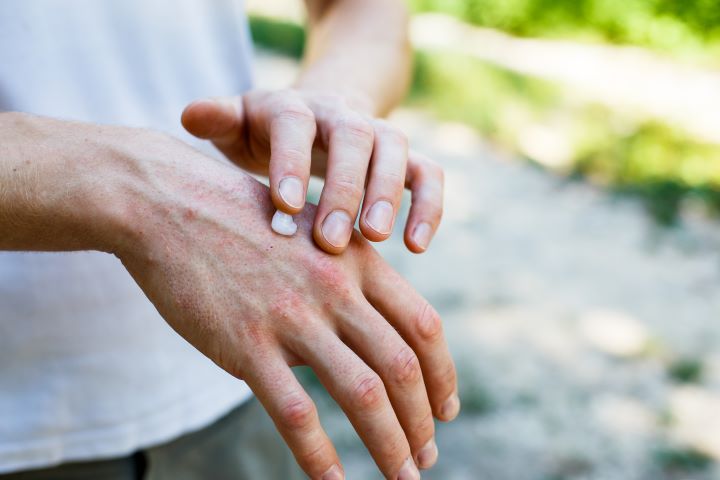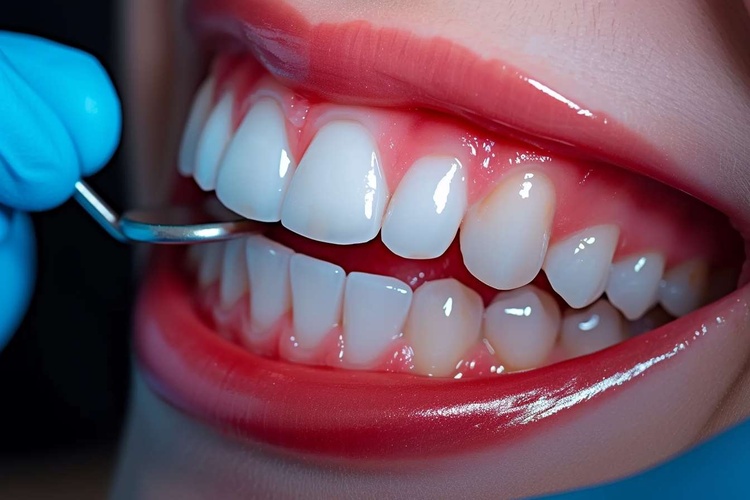Complete Guide to Treating Scalp Psoriasis: Effective Strategies and Insights
Scalp psoriasis affects millions of people worldwide, causing discomfort, visible flaking, and often impacting self-confidence. This chronic autoimmune condition manifests as raised, reddish patches covered with silvery-white scales on the scalp, and while it cannot be cured, it can be effectively managed with the right approach. From medicated shampoos to lifestyle modifications, understanding your treatment options is the first step toward relief and improved quality of life.

Scalp psoriasis is a common manifestation of psoriasis that specifically affects the skin on the scalp, hairline, forehead, back of the neck, and around the ears. Unlike dandruff, which causes mild flaking, scalp psoriasis produces thick, crusty plaques that can be itchy, painful, and sometimes lead to temporary hair loss. The condition results from an overactive immune system that accelerates skin cell production, causing cells to build up rapidly on the surface. Managing this condition requires a comprehensive understanding of its nature, triggers, and the various treatment modalities available.
Understanding Scalp Psoriasis
Scalp psoriasis occurs when the immune system sends faulty signals that speed up the growth cycle of skin cells. In healthy skin, cells mature and shed over the course of about a month. With psoriasis, this process happens in just days, causing cells to pile up on the scalp’s surface. The condition can range from mild, with slight fine scaling, to severe, with thick crusted plaques covering the entire scalp. Approximately half of all people with psoriasis experience it on their scalp, making it one of the most common forms of the condition. Genetics play a significant role, as individuals with family members who have psoriasis are at higher risk. Environmental factors, stress, infections, and certain medications can also contribute to the development or worsening of scalp psoriasis.
Identifying Symptoms and Triggers
Recognizing the symptoms of scalp psoriasis is essential for early intervention and effective management. Common signs include reddish patches on the scalp, silvery-white scales, dry scalp, itching ranging from mild to severe, burning or soreness, and temporary hair loss due to excessive scratching or scale removal. The scalp may also bleed when scales are picked or scratched off. Distinguishing scalp psoriasis from seborrheic dermatitis or dandruff can be challenging, as they share similar symptoms, but psoriasis typically produces thicker, more defined plaques with a silvery sheen.
Identifying and managing triggers is equally important in controlling flare-ups. Common triggers include stress, which can significantly worsen symptoms, cold and dry weather that reduces skin moisture, infections such as strep throat, skin injuries including sunburns or scratches, certain medications like lithium and beta-blockers, alcohol consumption, and smoking. Keeping a symptom diary can help identify personal triggers and enable more targeted management strategies.
Effective Treatment Options
Treating scalp psoriasis typically involves a multi-faceted approach tailored to the severity of the condition. Topical treatments are often the first line of defense and include medicated shampoos containing coal tar, salicylic acid, or ketoconazole, which help reduce scaling and inflammation. Corticosteroid solutions, foams, or oils can be applied directly to the scalp to reduce inflammation and slow skin cell turnover. Vitamin D analogues like calcipotriene work by normalizing skin cell production, while calcineurin inhibitors such as tacrolimus reduce immune system activity in affected areas.
For moderate to severe cases, phototherapy using ultraviolet light can slow skin cell growth and reduce inflammation. Systemic medications, including oral or injectable drugs like methotrexate, cyclosporine, or biologics, may be prescribed when topical treatments prove insufficient. Biologics target specific parts of the immune system and have shown remarkable effectiveness in managing severe psoriasis. Natural remedies and lifestyle modifications also play a supportive role. Regular moisturizing helps prevent dryness and cracking, while gentle scalp care avoiding harsh products and excessive scratching protects the skin. Stress management techniques such as meditation, yoga, or counseling can reduce flare-ups, and maintaining a healthy diet rich in anti-inflammatory foods may support overall skin health.
The choice of treatment depends on factors including the severity of symptoms, the extent of scalp involvement, previous treatment responses, potential side effects, and individual lifestyle considerations. Working closely with a dermatologist ensures a personalized treatment plan that addresses specific needs and adjusts as the condition evolves. Many patients find that combining treatments yields the best results, and patience is essential, as it may take several weeks to see significant improvement.
Managing Daily Life with Scalp Psoriasis
Living with scalp psoriasis extends beyond medical treatment to encompass daily habits and self-care practices. Choosing the right hair care products is crucial—opt for gentle, fragrance-free shampoos and avoid products with harsh chemicals or alcohol that can irritate the scalp. When washing hair, use lukewarm water rather than hot, as excessive heat can worsen dryness and inflammation. Apply treatments as directed, allowing medicated shampoos to sit on the scalp for the recommended time before rinsing.
Protecting the scalp from environmental stressors is also important. Wearing a hat in cold weather helps maintain moisture, while using sunscreen on exposed areas prevents sunburn, which can trigger flare-ups. Avoiding tight hairstyles that pull on the scalp reduces the risk of irritation and hair loss. Emotional well-being should not be overlooked, as scalp psoriasis can affect self-esteem and social interactions. Connecting with support groups, whether online or in person, provides valuable emotional support and practical advice from others who understand the challenges of living with this condition.
This article is for informational purposes only and should not be considered medical advice. Please consult a qualified healthcare professional for personalized guidance and treatment.
Conclusion
Scalp psoriasis is a manageable condition that, while chronic, responds well to appropriate treatment and lifestyle adjustments. By understanding the nature of the condition, identifying personal triggers, and working with healthcare professionals to develop an effective treatment plan, individuals can significantly reduce symptoms and improve their quality of life. Advances in medical treatments, particularly biologics, offer new hope for those with severe cases. Remember that managing scalp psoriasis is a journey that requires patience, consistency, and a proactive approach to self-care. With the right strategies in place, it is entirely possible to keep symptoms under control and maintain healthy, comfortable skin.




